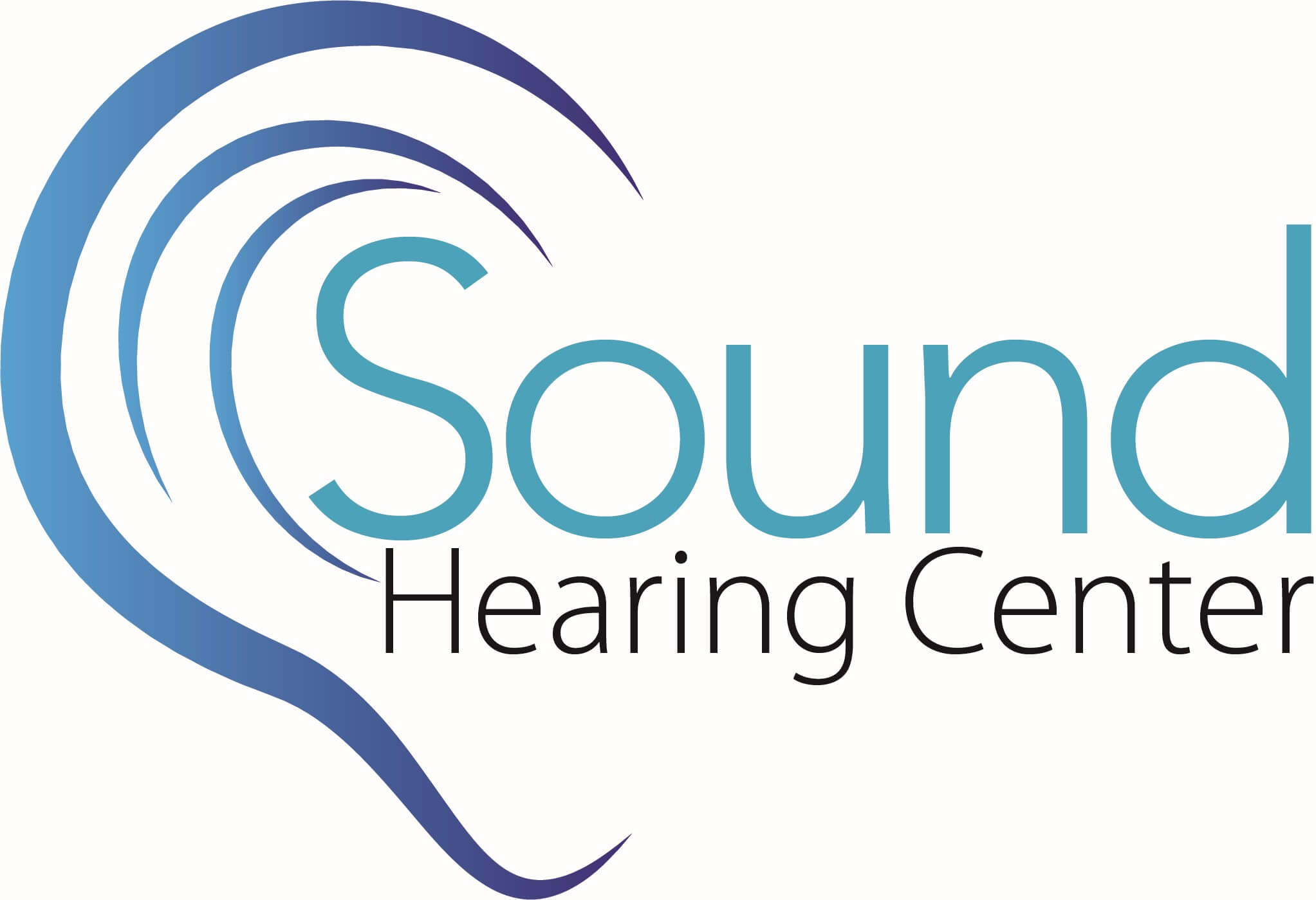Smoking affects many body parts, but people often overlook its impact on their ears. While the damage smoking causes to the heart and lungs is well-known, its effects on hearing health are less discussed. Nevertheless, the connection between smoking and hearing loss is substantial and concerning.
How Smoking Affects Your Hearing
Understanding how smoking impacts one’s hearing involves looking at various mechanisms. Smoking exposes the body to nicotine and other harmful chemicals. These substances can damage the ear in multiple ways.
One significant way smoking harms the ears is by reducing blood flow. The inner ear, essential for hearing, depends on a rich blood supply to function well. Nicotine and carbon monoxide, present in cigarettes, constrict blood vessels. As a result, blood flow to the inner ear decreases, depriving it of the oxygen and nutrients it needs. Consequently, this can damage or even cause the death of the ear cells, impacting one’s hearing ability.
Smoking also increases the risk of ear infections. Smokers often have weakened immune systems, making them more susceptible to illnesses. The middle ear, which transmits sound from the outer ear to the inner ear, can become infected more easily. Chronic ear infections can damage the structures within the ear, leading to permanent hearing loss.
Smoking also affects the eustachian tube, which helps equalize pressure in the ear. Chemicals from cigarettes can cause inflammation in this tube, leading to blockages. This blockage can result in fluid buildup and infections, further harming hearing.
Secondhand Smoke and Hearing Loss
Not only smokers but also those exposed to secondhand smoke can suffer from hearing loss. People who live or work with smokers inhale harmful chemicals which affect their hearing. Secondhand smoke has been linked to ear infections, making it critical to prevent exposure.
Long-Term Consequences
The damage smoking causes to the ears is often irreversible. While some hearing loss can be treated with aids or surgery, prevention is the best approach. Avoiding smoking and staying away from secondhand smoke can help protect one’s hearing in the long run.
Hearing aids can assist those with hearing loss, but they are not a perfect solution. They can amplify sound, making it easier to hear, but they cannot restore natural hearing. They also require maintenance and can be expensive. Taking steps to prevent hearing loss by avoiding smoking is far more effective than relying on hearing aids later in life.
Hearing loss can significantly impact an individual’s quality of life. It can make communication difficult, leading to social isolation and loneliness. It can also affect one’s job performance and career opportunities. Preventing hearing loss by not smoking can keep the ears healthy and help maintain a higher quality of life. Contact us today to schedule a hearing exam!

